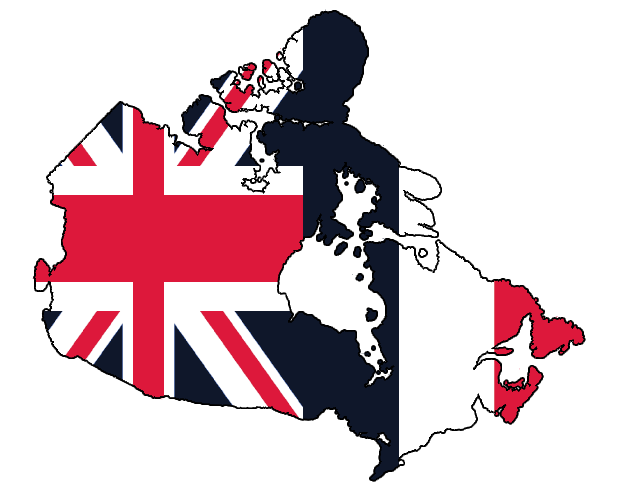Jasons Ensemble!
Bonjour! Je suis Geneviève.
Votre prof de français
French Lessons:
Off the Beaten Path
Master French, understand Québec


Le Français d’à Côté: From Bonjour to Tabarnak
learn the real French used in Québec. Practical. Authentic. Local.
👋 Meet Your Teacher
😊 Hi, I’m Geneviève.
I’m originally from Quebec City but lived in Montreal most of my adult life. I teach both International French and Québécois, offering personalized lessons, whether you’re just starting out or want to blend into French-Canadian culture. And if you’re curious about the unique regional expressions, the kind that don’t make it into textbooks or ChatGPT, I’m more than happy to dig into those too!
📚 Teaching Experience
I’ve taught in China for over six years at a private international university, covering challenging subjects like Interior Design Principles, Creativity, and the History of Western Art, all in a multicultural environment. So I understand how to adapt lessons for different learners. 🇨🇳 Huānyíng láizì zhōngguó de péngyǒu!
💼 Professional Background
I’ve also worked as an English – French translator in technical and business settings (spoken and written) working with engineers, so I know the importance of clear and professional communication.
🌍 World Traveler & Language Learner
As a lifelong backpacker, I’ve traveled to over 60 countries and lived in China, India, Australia, Germany, and France. During my travels, I’ve struggled to learn the local languages, so I get how intimidating and frustrating language learning can be.
🧑🏫 Who My Lessons Are For
Whether you’re brand new or brushing up, I’ve got you covered.
Newcomers to Canada preparing for immigration language exams or settling into French-speaking life
Anglophones wanting to blend in and feel at home in Québec
European French speakers curious about Québec lingo and cultural nuance
🔍 What Makes Québec French Unique?
If you’re used to Parisian French, this might feel like another dialect entirely:



You won’t just speak the language — you’ll understand the culture behind it.
💬 My Approach: Real-World French, Not Just Theory
I focus on usable French — the kind you’ll hear on the street or at a dinner party in Montréal.
🗨️ Conversation Practice
🎧 Listening Skills
🔤 Grammar Support
🗺️ Regional Expressions
💼 Business & Professional French
I’ll help you express yourself, even if you don’t know the “perfect” word yet. It’s about building the confidence to find another way to say what you mean when you hit a dead-end.
🚀 Let’s Get Started
Whether you’re learning French for travel, work, or daily life, I’m here to help you feel confident, connected, and curious.
Let’s connect! Contact Me to book a free consultation or learn more about private one-on-one sessions.
❓ FAQs
How are the lessons structured?
Each lesson is 1 hour long and conducted via one-on-one video call. We’ll focus on real-life conversation, clear pronunciation, active listening, and essential grammar—at a pace that suits you and with topics that match your interests.
How do I book a lesson?
After making a payment, you will be redirected to view my availability and schedule a session through my Calendly booking page. Once you’ve booked a time, you’ll receive a confirmation and Google Meet link.
How do I cancel a lesson?
You can cancel or reschedule via the booking confirmation email or by contacting me directly, at least 12 hours in advance.
Is French hard to learn for English speakers?
French grammar can be complex, and the pronunciation isn’t always straightforward. While English has its own challenges—like “th” and “ough” sounds—French’s tricky vowel combinations like eau, aux, ein, oup, ont, can be difficult to reproduce phonetically.
But believe it or not, around 40% of English vocabulary comes from French, due to its long historical mingling with France. That means many French words may sound familiar to you.
How is Québec French different from European (or Standard) French?
Written French is often stronger in Québec, thanks to the long-standing effort to preserve the language.
Most new English words have an official French equivalent, and the use of English words is often frowned upon and negatively seen as an anglicisme (that applies to native speaker only, not foreigners!). French Canadians speak and understand standard French easily, though you might notice a nasal accent on sounds like ein.
Then there’s Joual—a working-class Québecois dialect known for its peculiar contractions and expressions, spiced up with a string of creative swear words. To European French speakers, it can sound like a different language. In fact, speaking Joual abroad can feel like using a secret code. 😉
What is the difference between Canadian French and Québec French?
Canadian French covers all French dialects spoken in Canada, including Québec French, Acadian (New Brunswick), and Franco-Ontarian (Ontario). Each has their own accent, slang, and cultural flavour. Outside of Québec, the French spoken in Canadian regions is often more influenced by English and can sometimes resemble Cajun French spoken in Louisiana.
🧭 Bonus: “Survival Québecois” Starter Pack
Sign up for a free guide to the top 20 expressions you’ll actually hear in Quebec (and how not to sound like a tourist).